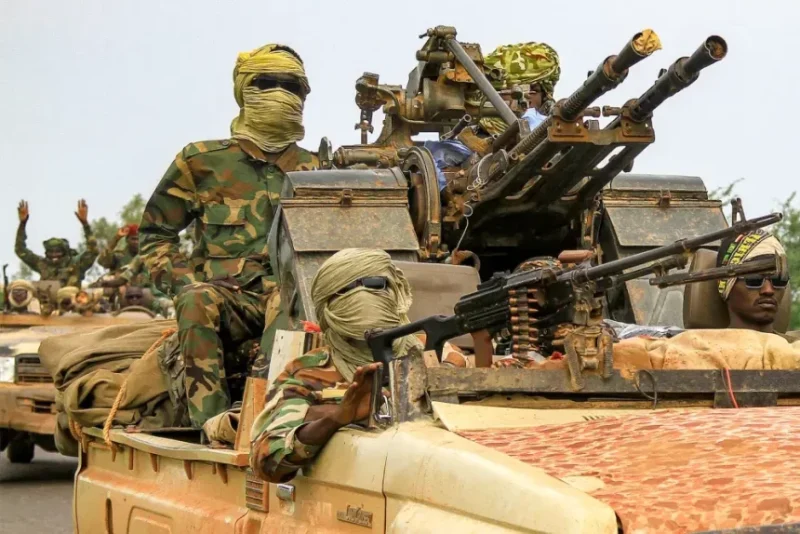Tigray Officials Dismiss Allegations of Involvement in Sudan’s Conflict
In the ongoing conflict in Sudan, allegations of involvement by Ethiopian forces from the Tigray region have ignited a furor, prompting swift denials from Tigrayan authorities. The Rapid Support Forces (RSF), a key faction in Sudan’s conflict, has accused forces aligned with the Tigray People’s Liberation Front (TPLF) of participating as mercenaries alongside the Sudanese Armed Forces (SAF) and allied militias. However, the Interim Administration of Tigray has vehemently refuted these claims, labeling them as baseless and condemning the accusations.
Against the backdrop of escalating tensions, the complexities of regional dynamics come to the fore. The influx of Tigrayan refugees into Sudan during Ethiopia’s internal strife underscores the interconnectedness of the conflicts ravaging the Horn of Africa. Moreover, the plight of former Ethiopian UN peacekeepers seeking asylum in Sudan underscores the pervasive atmosphere of fear and persecution pervading Tigray.
Amidst mutual allegations and counterclaims, a pattern of regional antagonism emerges. Ethiopian authorities previously accused Sudan of supporting TPLF forces during the conflict in Tigray. Conversely, Sudan has consistently denied these allegations, fueling a cycle of diplomatic discord and mistrust.
The timing of the RSF’s accusation coincides with Tigrayan authorities’ announcement of plans to repatriate displaced Tigrayans to contested territories bordering Sudan. These territories, captured by Amhara fighters during the Tigray conflict, represent a flashpoint in the broader struggle for territorial control and ethnic dominance.
Observers note the multifaceted nature of the conflict, with mercenaries from various countries reportedly bolstering Sudanese warring factions. The presence of external actors further complicates an already volatile situation, exacerbating the humanitarian crisis and impeding efforts towards peaceful resolution.
As accusations fly and tensions escalate, the need for diplomatic dialogue and regional cooperation becomes increasingly urgent. Addressing the underlying grievances and fostering inclusive dialogue are essential steps towards mitigating the protracted conflicts plaguing the Horn of Africa. In the absence of concerted efforts toward reconciliation and mutual understanding, the specter of violence and instability looms large, perpetuating a cycle of suffering for the millions caught in the crossfire.













